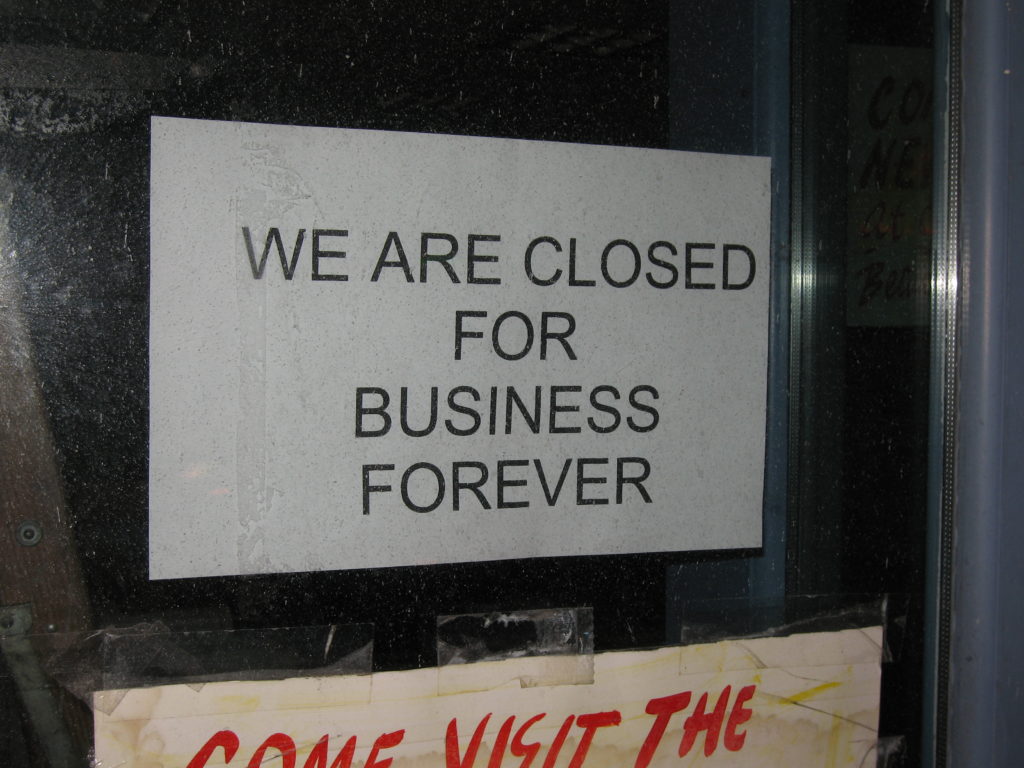
Illinois is one of the worst states for business tax climate, according to the just-released report of The Washington, D.C.-based non-partisan Tax Foundation. According to its 2020 State Business Tax Climate analysis, Illinois ranks 35th out of fifty states. (https://statetaxindex.org/state/illinois/)
The State Business Tax Climate Index is a measure of how well states structure their tax systems. It enables policymakers, business leaders, and taxpayers to gauge how their states’ tax systems compare, and provides a roadmap for improvement. “This new report illustrates just how hard it is for our high-tax State of Illinois to compete with its surrounding states,” said Jim Tobin, president of Taxpayers United of America TUA).
“Four of Illinois’ five neighboring states are significantly better in structuring their tax systems: Indiana is #10, Missouri is #14, Kentucky is #24 and Wisconsin is #26.” “Of the individual components of the index, Illinois is 36th on corporate taxes, 40th on property taxes, and 40th on unemployment insurance taxes.”
The foundation also points out that the absence of a major tax is a common factor among many of the top 10 states. Several states do without one or more of the major taxes: the corporate income tax, the individual income tax, or the sales tax. Wyoming, Nevada, and South Dakota have no corporate or individual income tax (though Nevada imposes gross receipts taxes); Alaska has no individual income or state-level sales tax; Florida has no individual income tax; and New Hampshire, Montana, and Oregon have no sales tax.
This does not mean, however, that a state cannot rank in the top 10 while still levying all the major taxes. Indiana and Utah levy all of the major tax types, but do so with low rates on broad bases.
“Illinois is hemorrhaging jobs and population,” said Tobin. “In order to bring back businesses and taxpayers, at the very least the Springfield politicians should cut taxes across the board. This result would give them breathing space while they tackle the really tough problem of the state’s government pensions.”




